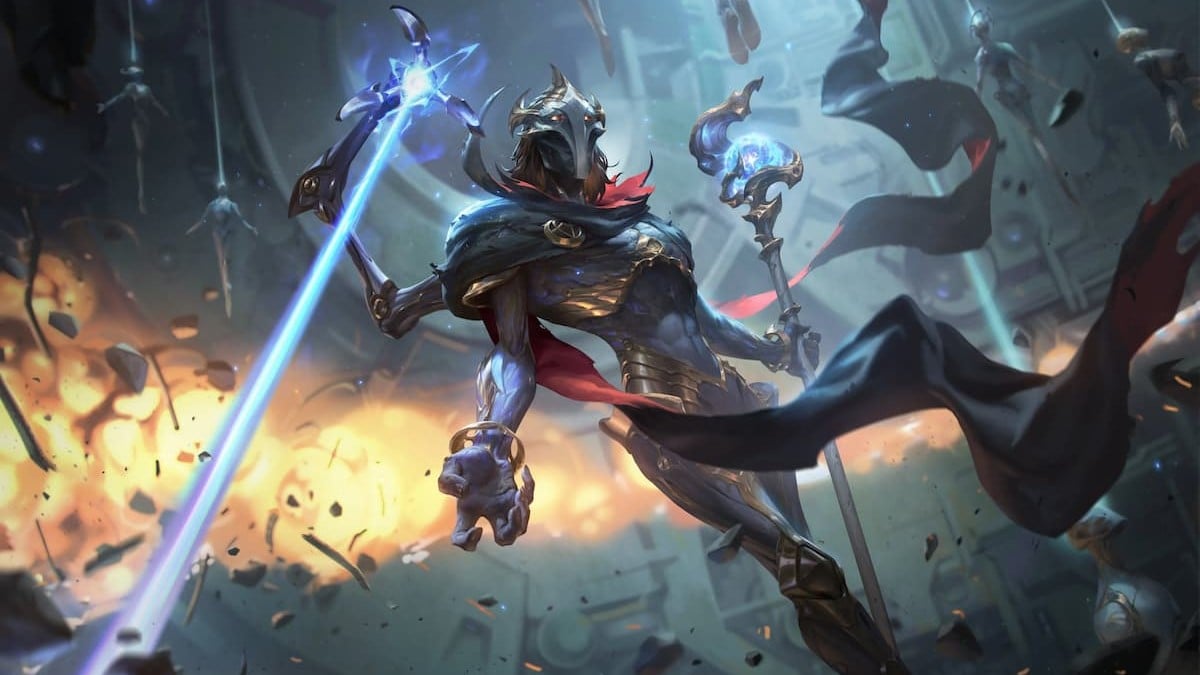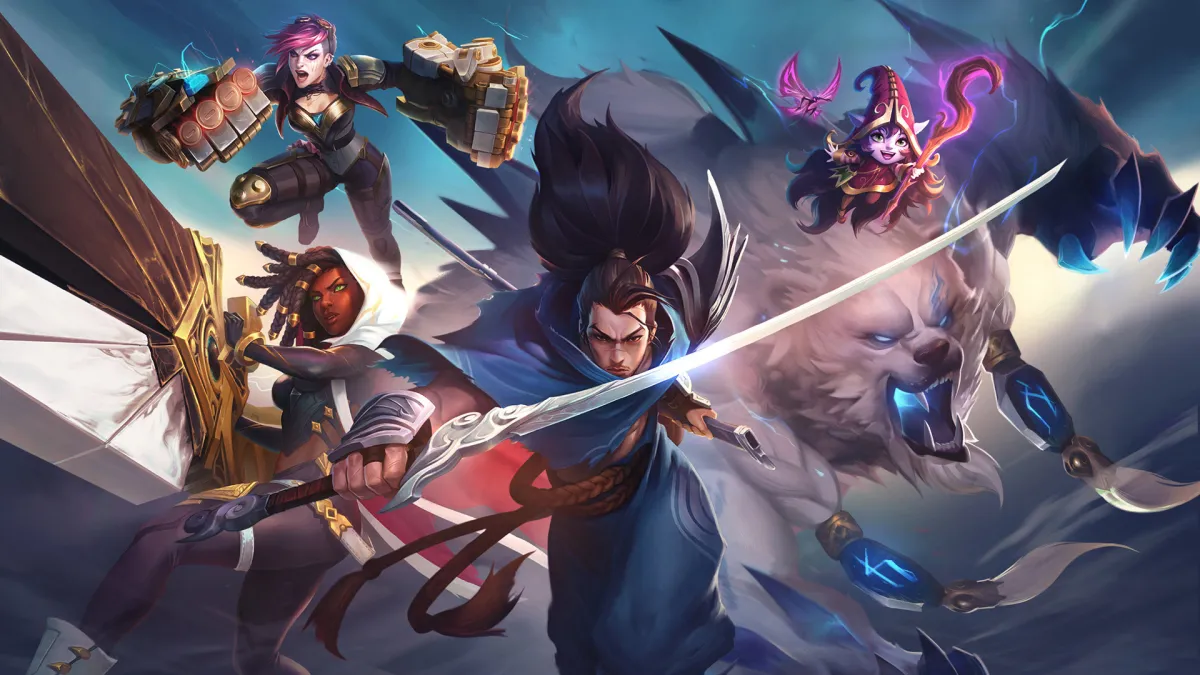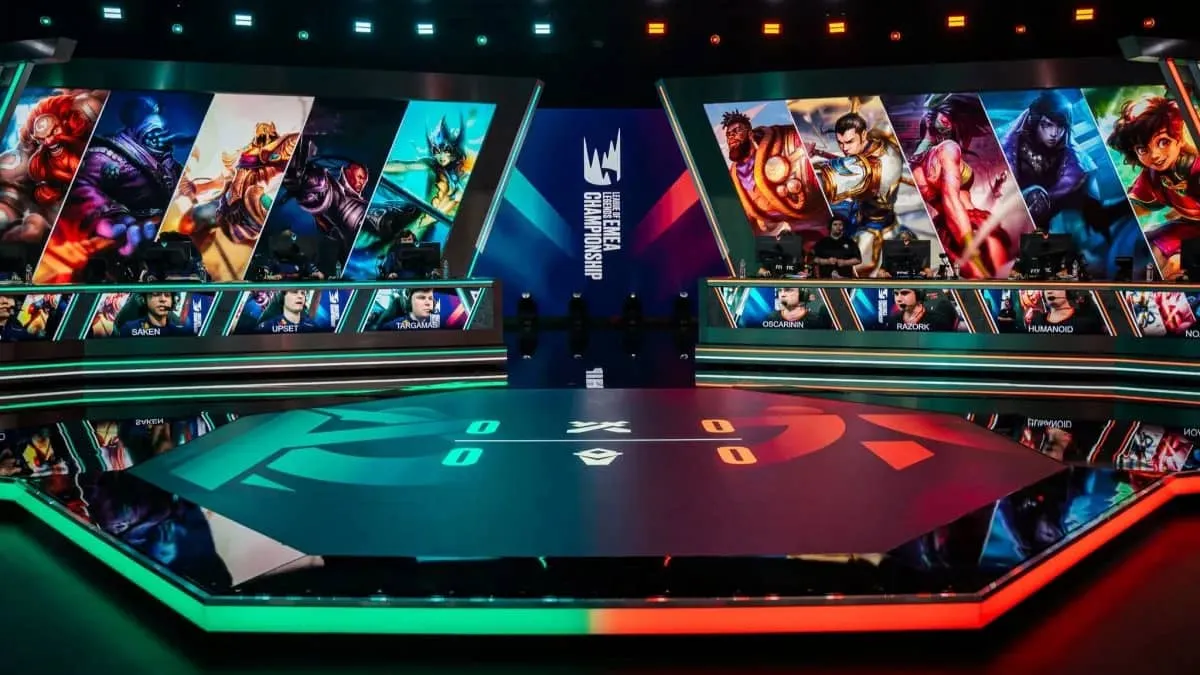Brandon Marshall, superstar wide receiver for the Chicago Bears, has run into his fair share of troubles in his nine-year career in the NFL: drunk driving, domestic violence, getting stabbed in the stomach by his wife. Based on that information, and any testimonial from angry Dolphins fans, you’d expect Marshall to be one of the worst role models in the league.
He’s actually one of the best.
It’s a story of redemption and struggle, and Marshall has been very open about his journey from talented troublemaker to talented hero. Today, he’s still one of the NFL’s top receivers, but he also has had to come face-to-face with a challenge that many athletes are spared—mental illness.
In 2011, when he was 27 and playing for the Dolphins, Marshall announced that he suffered from borderline personality disorder. Since then, he’s not only moved to a new team to rebuild his career, but he’s been a major part of mental disorder advocacy groups (highlighted by his color choice in shoes to celebrate mental health awareness week) along with the Brandon Marshall Foundation, which seeks to raise awareness of the illnesses. In just three years, Marshall has turned his life around.
This challenge is hardly rare for athletes. The biggest news this week is of another 27-year-old, Ray Rice, who assaulted his wife earlier this year, and has since been dumped by his team and been given an indefinite suspension from the NFL. Only time will tell if Rice can make a similar turnaround on his life, building something positive out of something horrible.
Rice, just three years younger than Marshall, still has time in his career to change, and if we give any of the comments made by him, his wife, and his team prior to this week’s news any weight, he’s at least giving lip service to doing so.
One thing I can say is that sometimes in life, you will fail. But I won’t call myself a failure. Failure is not getting knocked down; it’s not getting up.”
Whether Rice can live up to those words (and the events of this year certainly give me serious doubts that he can), there’s definitely some truth to the idea that people can right the wrongs of their past—Marshall being a primary example. One of sports’ biggest strengths is not only inspiring and teaching people the right ways to do things, but to show that everybody deserves a second chance.
In all but the most extreme cases, traditional sports set a great example of handing down punishment that serves the crime, but also allows for a player to succeed at both their careers, and as a role model should they learn their lesson. Why, then, has esports gotten it so wrong?
…
Comparatively, punishments in esports tend to be for crimes that are far less severe. Nicolaj “Incarnation” Jensen, a League of Legends player, was found guilty of “abusive behaviour and poor sportsmanship.” Jensen was handed an indefinite suspension by Riot Games, which develops the game and runs its biggest professional leagues in Europe and North America. His account was also “permabanned.”
And recently, his effort to rebuild a career in esports as a team coach—one that perfectly aligns with the restrictions placed upon him—has been hit with more punishment.
Despite his team vouching for Jensen’s efforts at reform (“His behaviour has changed only in one direction: positive,” said managing director Alex Müller), it’s clear at this point that Riot Games intends to cut Jensen and players like him out of the game, permanently.
But the fact is, treating players in this way may have more serious consequences than the ones caused by the “problem users” in the first place.
To be fair, Jensen was definitely worthy of some punishment. He’s openly admitted his failure, and pledged last year to set things right.
“Given a second chance, I want to show everyone, especially myself that I am no longer the kid I used to be several months ago. In other sports and life people are able to go through rehab to prove themselves worthy of being trusted again. I would like to do this and ask you for your forgiveness of my unacceptable behavior the past year. I really enjoy playing League of Legends and want to be apart of this community and game.”
This statement bears stark contrast to a statement Riot Games’s own statement about banning as punishment: “For some offenders, we don’t believe they have a chance at reform, so escalating their punishment is the best solution to avoid the offender creating negative experiences for thousands of players.”
It’s unfair and hasty to call a person like Jensen beyond reform. The game’s only been out for five years. Jensen was only 17 at the time of the offenses. It’s completely out of proportion to force him to give up his entire career. Jensen deserved to be punished (especially since it took several escalations for him to finally get the message), but it appears now that Riot’s decision is only serving to weaken the league.
Jensen, like Marshall, has seen the error of his ways. And like Marshall, he can still be a great driver for the scene, both as a coach and as a role model to other players who have had similar episodes of inappropriate in-game behaviour. I applaud Riot for recognizing the devastating effect bad-mannered players have on their game environment. But while permanent punishments make the game a better place to play in the short term, creating an environment of forgiveness would have far-greater effects in the long term.
Players need role models, they need to see other players like themselves, who have gotten in trouble for language and harassment in the past, stepping forward and showing that they can still be successful.
Instead, Riot is sending out the message with their indefinite suspensions (and further actions beyond them) that Jensen and other players like him are beyond rehabilitation. They’re not. And a policy like this only serves one purpose—making sure that rehabilitation never happens.
Photo by Chris Potter/Flickr (CC BY 2.0)






Published: Sep 9, 2014 12:50 pm